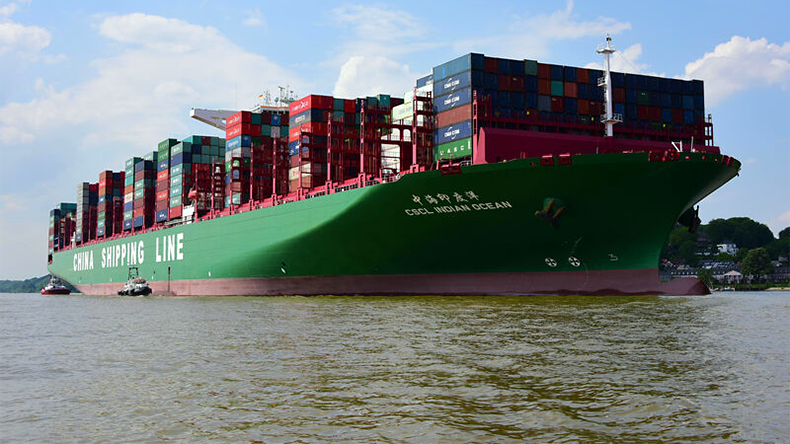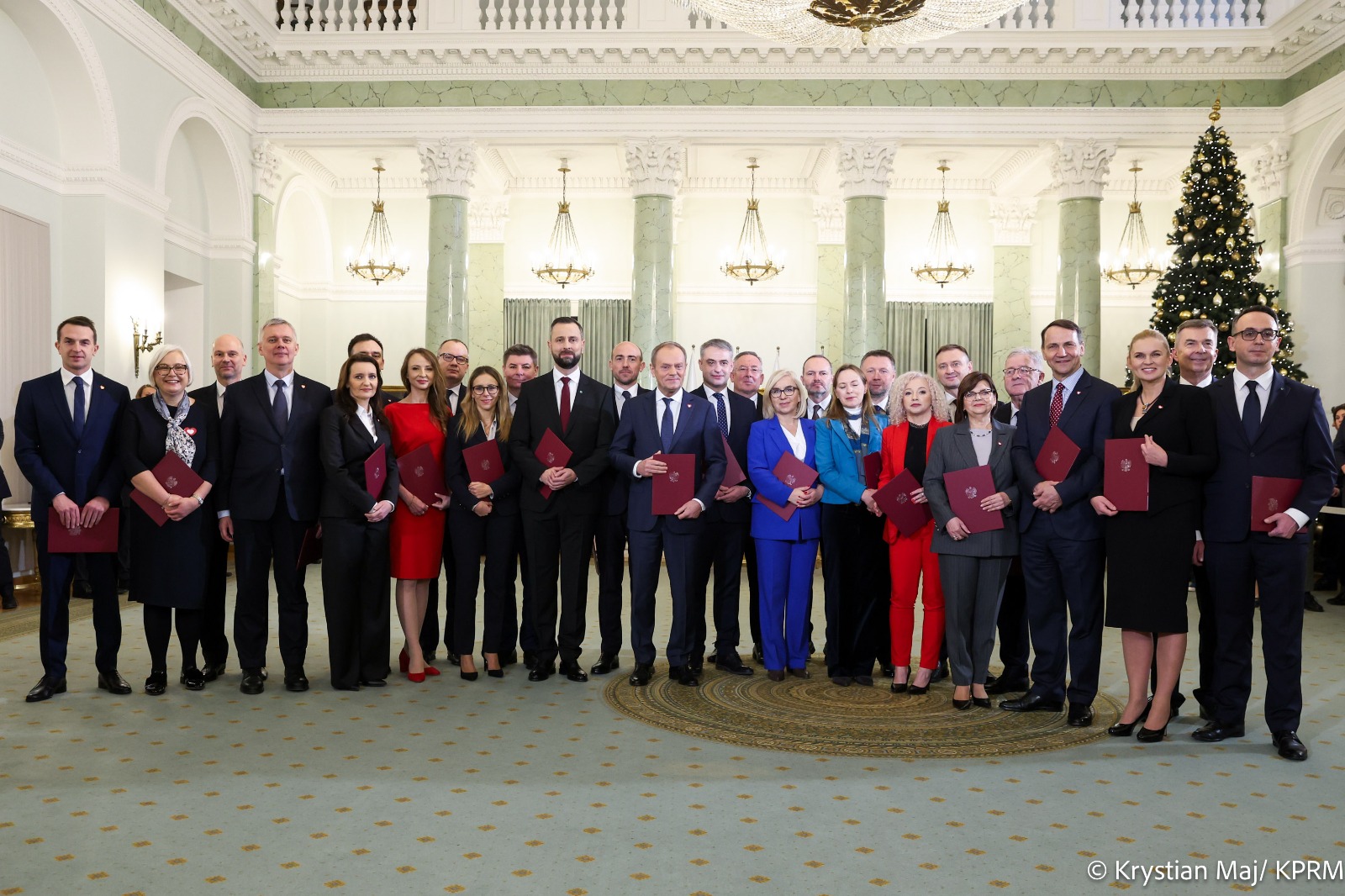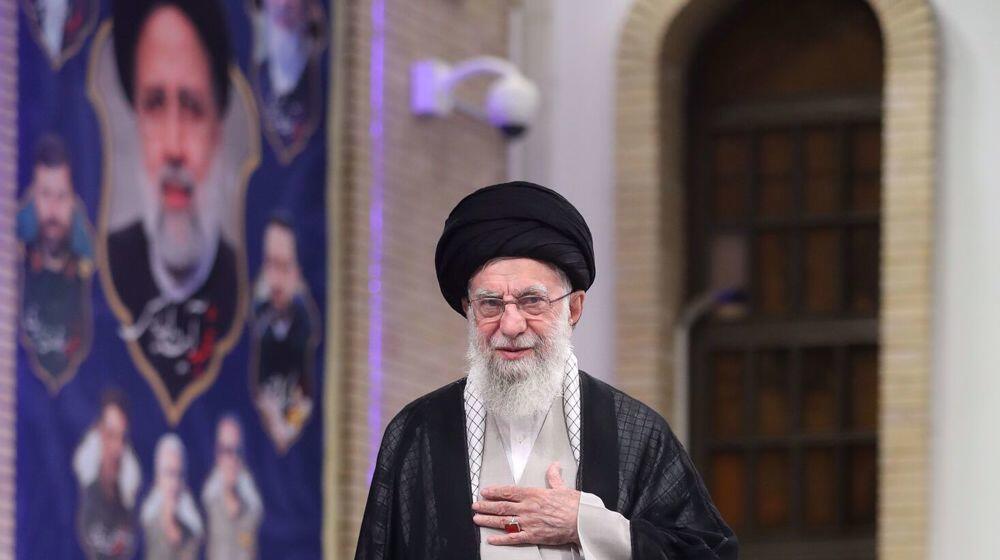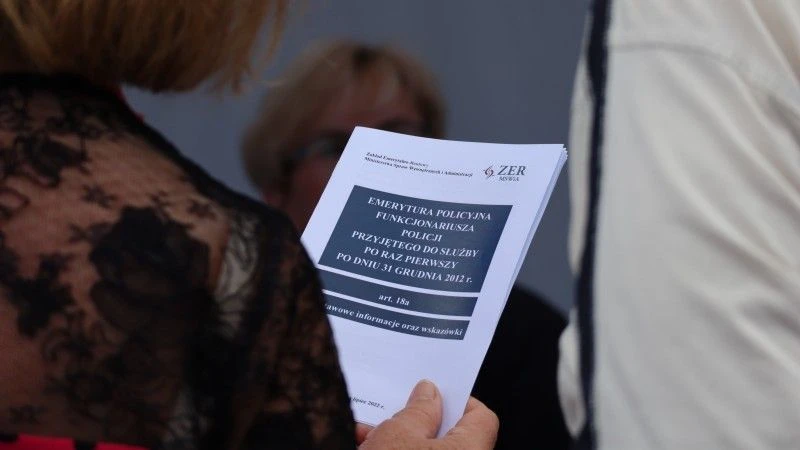
CHICAGO— United Airlines (UA) is reconsidering its long-standing Airbus A350 order as part of its fleet renewal strategy, even as CEO Scott Kirby frames international aviation as a “trade deficit” that Washington should address.
The airline has delayed its Airbus A350-900 deliveries until 2030 and beyond, but Kirby told pilots that a decision on replacing aging Boeing 777s must come by the end of this year. The debate comes as United weighs economics, politics, and pilot training costs against its record backlog of Boeing 787 orders.
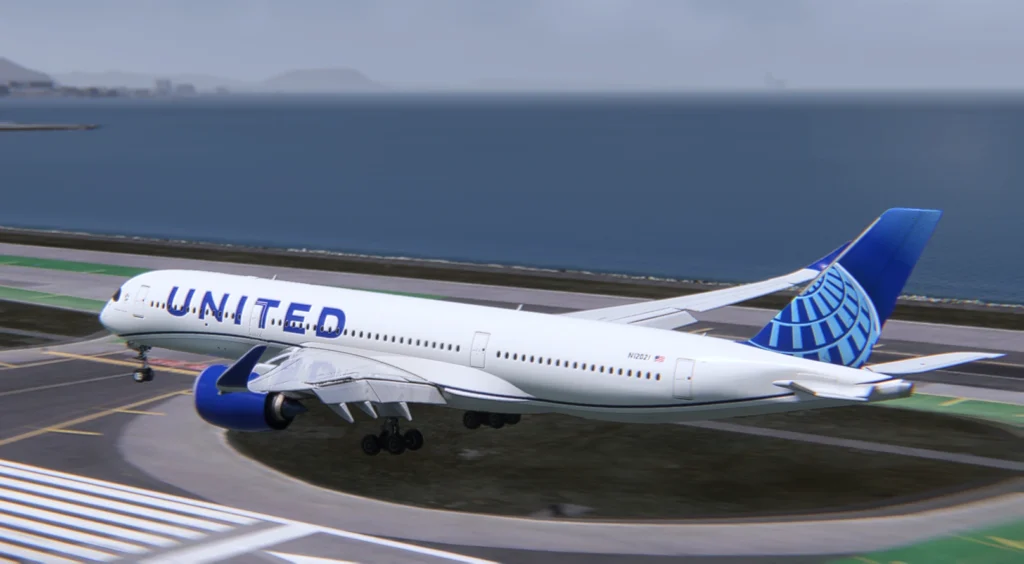 Photo: Flight Simulator
Photo: Flight SimulatorUnited CEO Considers A350 Order
United Airlines originally placed a firm order for 25 Airbus A350-900s in 2009. That commitment shifted to 35 A350-1000s in 2013, and later to 45 A350-900s in 2017. Despite being repeatedly deferred, the aircraft remain on United’s books with first deliveries pushed well into the next decade.
For years, industry observers expected these orders would be cancelled, especially as United doubled down on the Boeing 787 Dreamliner program, where it still has more than 140 units outstanding.
In a conversation with aviation journalist Brian Sumers, Kirby admitted the A350 is not entirely off the table.
United also holds a Rolls-Royce engine deal signed eight years ago. Once seen as unfavorable, the agreement has become advantageous amid inflation, supply chain issues, and rising travel demand.
According to Sumers, insiders suggest this contract could significantly improve A350 operating economics to the point that Rolls-Royce itself may hesitate to honor the terms.
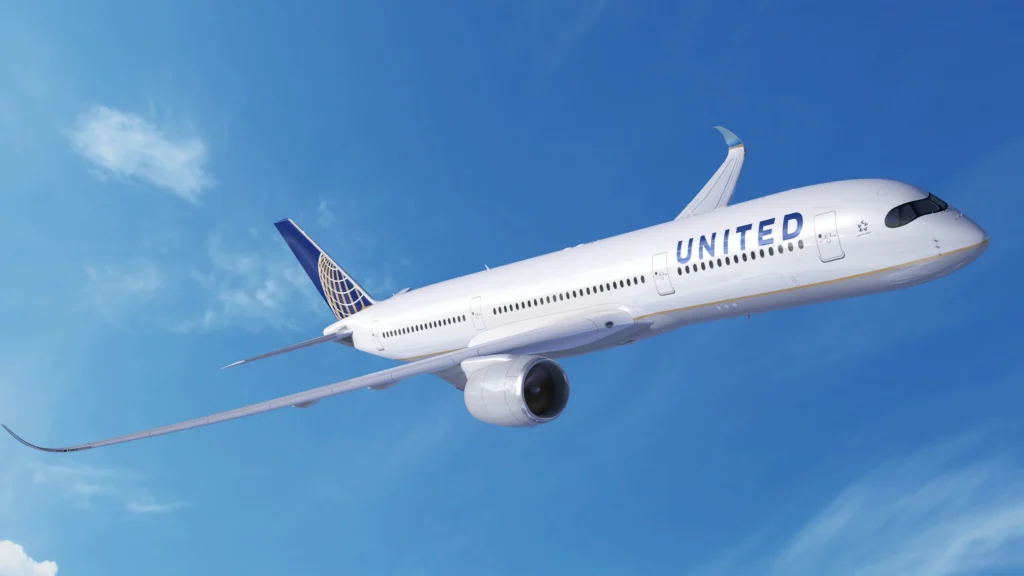 Photo: Airbus
Photo: AirbusNew Fleet Type
United faces a natural inflection point with the retirement of its Boeing 757s and 767s. Replacing these aircraft will require pilot retraining regardless of which new type enters the fleet.
Kirby noted that if retraining costs are inevitable, it could make sense to introduce the A350 rather than indefinitely defer it.
By the end of the decade, United will have fully phased out the 767 fleet. This, Kirby said, makes it a “natural time” to consider firming the Airbus order instead of further postponing it.
At present, United holds commitments for 50 Airbus A321XLRs, which it considers 757 replacements, leaving the 767 and 777-200 families as the next major widebody segments requiring renewal.
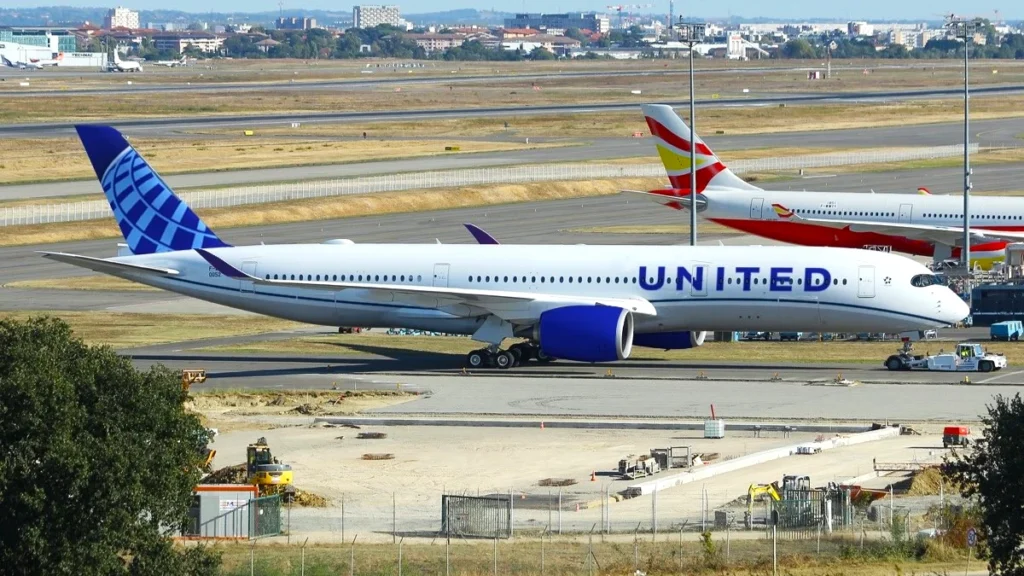 Photo: Mike Cherisk | X
Photo: Mike Cherisk | XThe ‘Trade Deficit’
Alongside the fleet question, Kirby has sharpened his rhetoric around what he calls a U.S. “trade deficit” in long-haul aviation.
Speaking to Sumers, he highlighted that two-thirds of international long-haul seats to and from the U.S. are operated by foreign carriers, even though 60 percent of passengers are U.S. citizens.
Kirby attributes this imbalance partly to foreign carriers benefiting from government subsidies and strategic mandates, allowing them to sustain unprofitable routes. He contrasts this with U.S. carriers, which he argues lack equivalent support.
His message aligns neatly with political narratives in Washington, particularly under administrations prioritizing “fair trade” language in other industries.
However, the U.S. airline industry itself receives significant backing. Federal grants and loans during the pandemic topped $100 billion, while carriers also benefit from favorable airport access, slot protections, and foreign ownership restrictions.
Critics point out that American Airlines (AA), once the world’s largest long-haul operator, has scaled back its widebody operations drastically, retiring its 757s, 767s, and Airbus A330s.
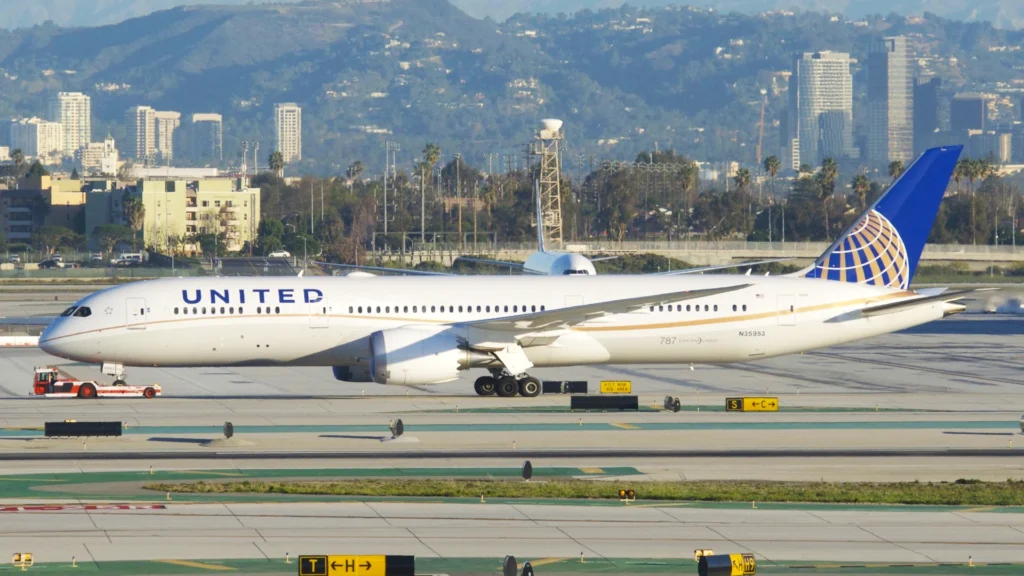 Photo: Aero Icarus | Flickr
Photo: Aero Icarus | FlickrWeighing A350s Over Boeing’s 787
United’s 787 order book remains central to its long-haul growth. The A350, with larger capacity and longer range, offers slightly different mission profiles than the Dreamliner.
Supporters argue the A350 could open new destinations that are less efficient with the 787. Skeptics counter that the aircraft’s size limits flexibility, making it harder to profitably serve thinner long-haul markets.
If United does move forward with Airbus, industry observers believe the airline would likely balance it with additional Boeing orders to maintain political and industrial support.
Since current A350 deliveries are not scheduled until the 2030s, any decision may be shaped as much by optics in Washington as by operational economics, View from the Wing highlighted.
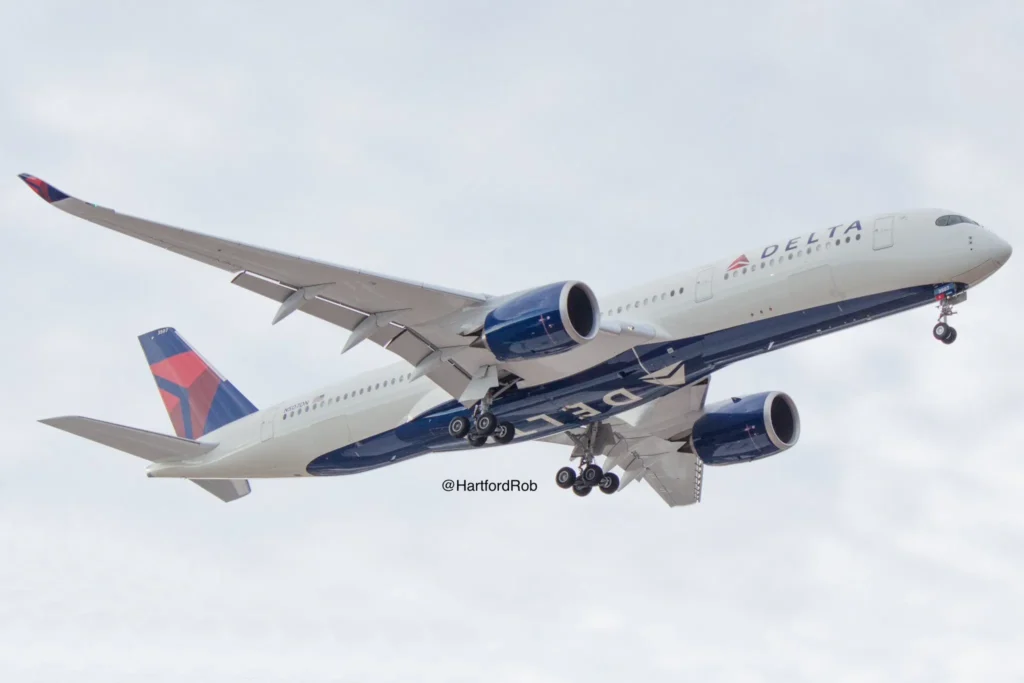 Delta Airlines Rolls-Royce Trent XWB-84 EP; Photo- @HartfordRob (X)
Delta Airlines Rolls-Royce Trent XWB-84 EP; Photo- @HartfordRob (X)Bottom Line
United Airlines weighs Airbus A350 orders as CEO Scott Kirby highlights U.S. long-haul aviation’s trade deficit with foreign carriers.
United still faces replacement needs across more than 120 widebody aircraft, including its 767s and early 777-200s. With just over 100 widebodies currently in service and further growth on the horizon, the carrier will need to expand its order book regardless of its Airbus decision.
Kirby’s dual message—arguing for a stronger U.S. presence in international aviation while weighing an Airbus order—reflects the delicate balance between economics, politics, and strategy that United must navigate in the coming decade.
Stay tuned with us. Further, follow us on social media for the latest updates.
Join us on Telegram Group for the Latest Aviation Updates. Subsequently, follow us on Google News
United CEO Tells Pilots That He Plans to Kick Out American Airlines From its Hub
The post United Airlines CEO Considers New Order for This Widebody Aircraft appeared first on Aviation A2Z.






